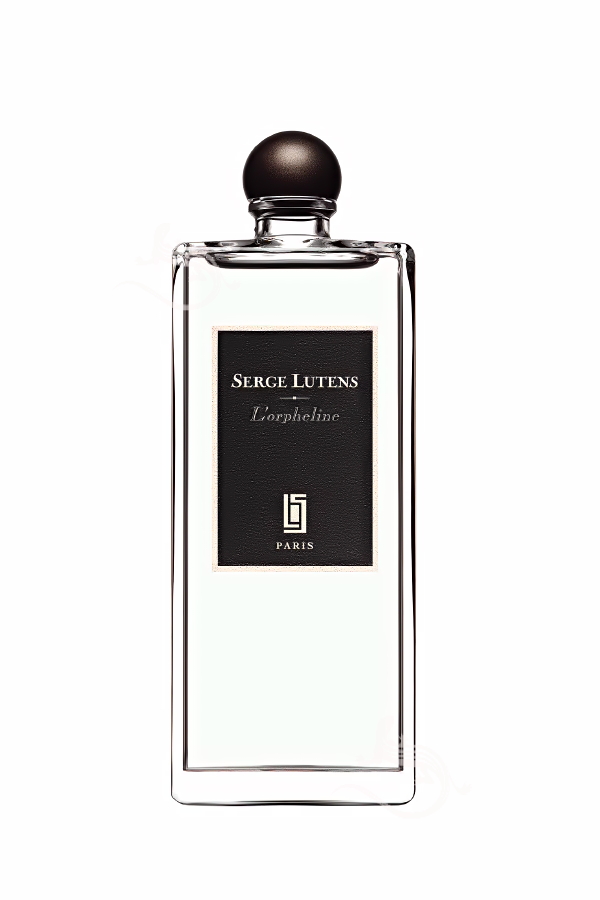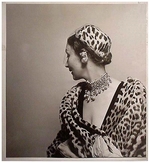Serge Lutens L'Orpheline (2014) - On Motherly Love In Absentia & Anger {Perfume Review & Musings}

L'Orpheline, a feminine name, edges masculine from the onset. There are flashes of masculinity glimmering in the darkness of the fragrance only contradicted by powdery nuances. After a while, the powder trail turns into a sueded sensation...
This is not one of the more surprising Serge Lutenses. It does not shock nor awe. It is a subtle and even classic perfume in the lineage of the plum fest Boss Bottled and the iris ode Dior Homme only with more glowing plums and a stronger helping of spices.
Where l'Orpheline is a stronger brew than average is in the calculated intensity of the red hot fire of the spices - cloves especially. What is called "carnation" in perfumery has been transformed into a Ras el Hanout holding boxing gloves, to allude to an earlier composition by Serge lutens and Christopher Sheldrake, Boxeuses. It shows once more Lutens' fascination for olfactory punching. With Tubéreuse Criminelle the punch on the bridge of the nose gets delivered in the first round; with l'Orpheline, it does not happen before the second round, and there is for a time a sense of crescendo aggression.
Serge Lutens is angry, you think, because he prefers to feel anger rather than depression. The name of the fragrance is, you surmise, the name given to his alter ego: the feminine "him" which enables him to avoid using the term "L'Orphelin" on the bottle label. There is too much pain and truth in this memory - and too much self-pity. If you smell l'Orpheline with this idea of a childhood trauma which Lutens recounted several times, you are no longer registering fragrance notes, but a deep expression of anger and angst which prefers to keep emotions confused and dark so as not to see too clearly in them.
This brew in turmoil reminds you of a story once told to you, a true life story, of a man who got abandoned by his mother when he was seven in the middle of a snowy, bustling Christmas market. The last time he felt his mother was through the touch of her hand holding his, and then she let go of him in the crowd. He was only able to tell his family for the first time when he was past fifty. The pain was too great to tell how he became an orphan, not by destiny, but by choice. A mother abandonment of her son is, you can believe it, one of the most soul and heart reaping experiences a human being can be subjected too, and a child at that. It's unspeakable.
L'Orpheline is about anger and a despair without end contained in a bottle of perfume. It has not exploded. It's been modulated, infinitely. This is one of its expressions. The only end in sight is death, a notion triggered by the scent of stony cold and damp patchouli reminding you of the tombstone fragrance of De Profundis.









